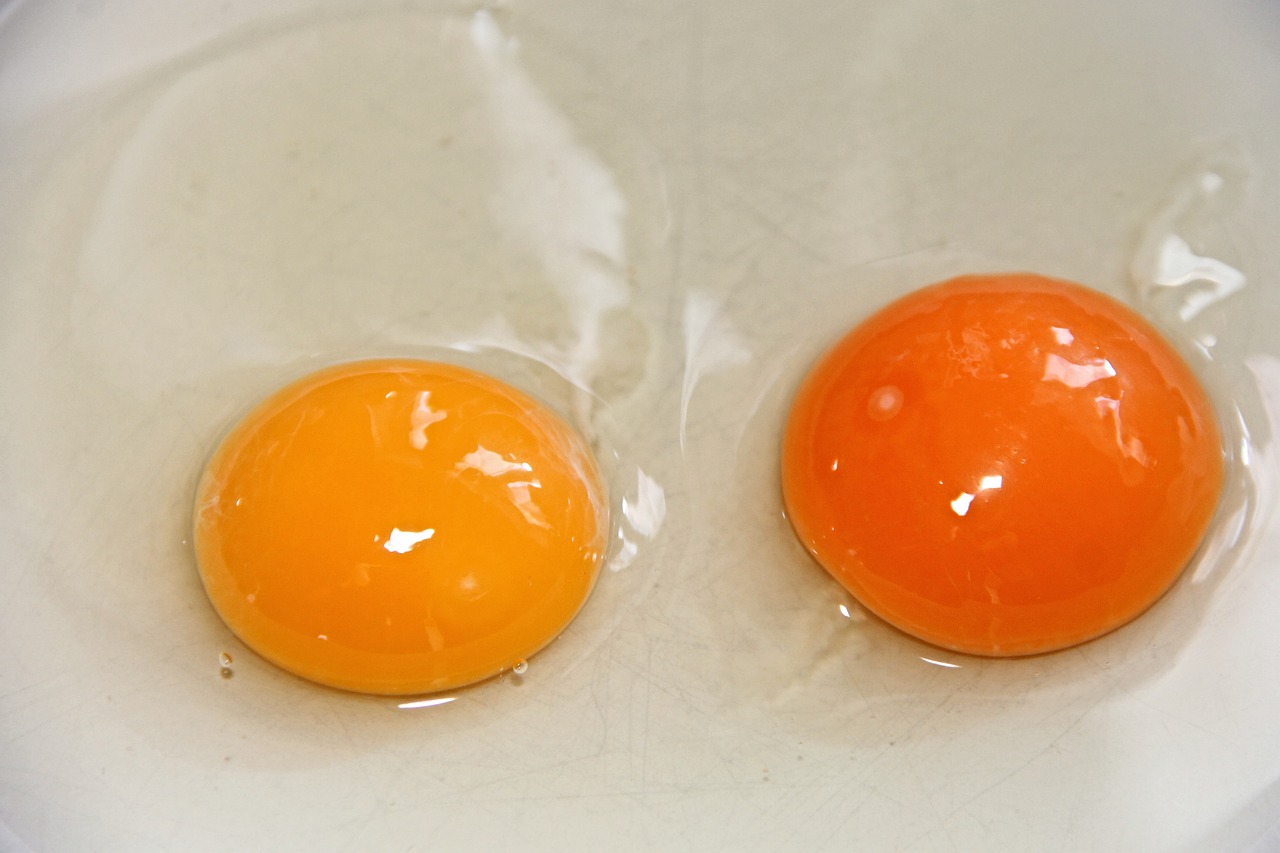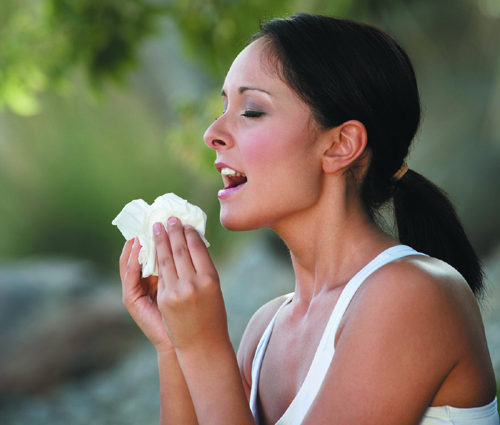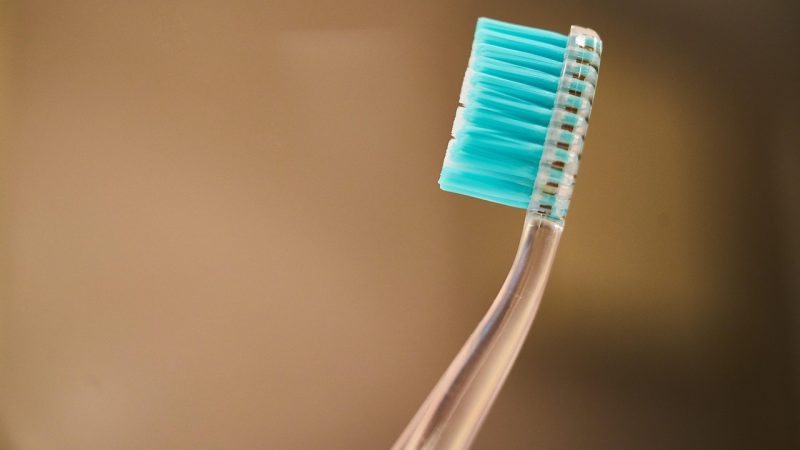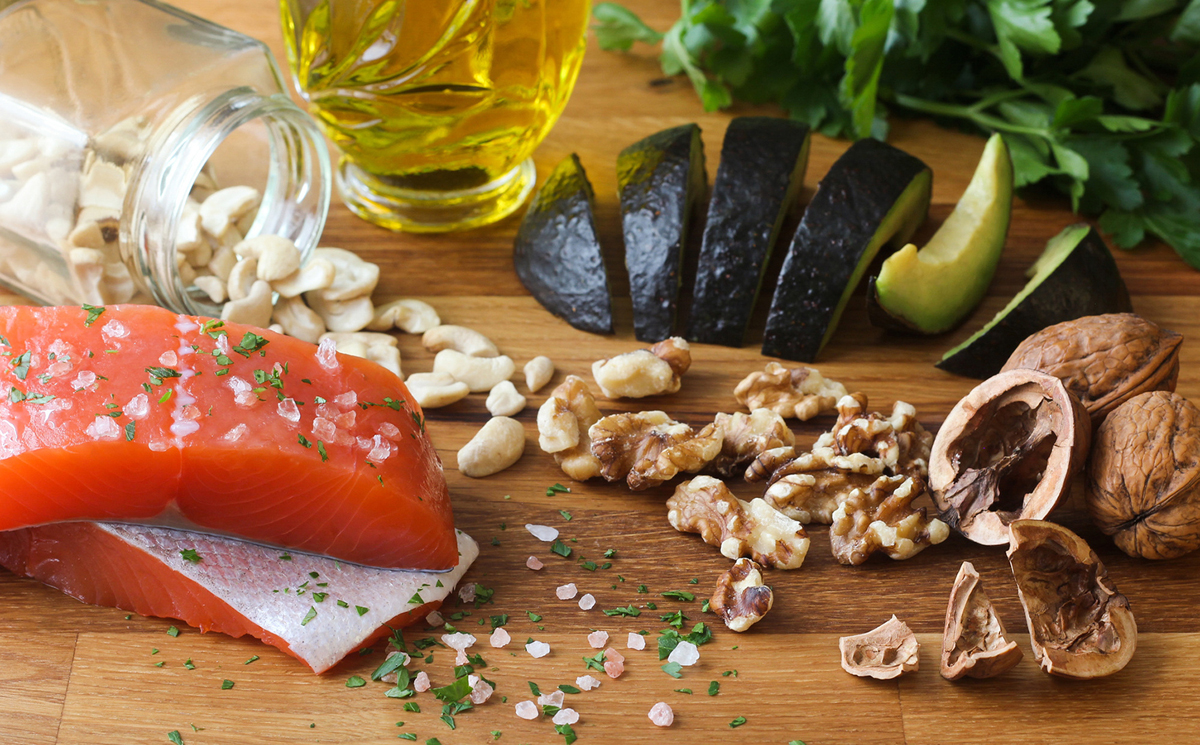Vitamin D (Cholecalciferol)

Vitamin D, sometimes called Cholecalciferol, is the only vitamin that the body is capable of producing on its own. The only catch is that the body must be exposed to sunlight before it can produce this vitamin. It’s not necessary to worship the sun to reap the vitamin-making benefits. An hour a week is generally enough. All of the body’s other daily requirement of vitamins must come from the diet and/or via supplementation.
Vitamin D is a very stable fat soluble vitamin. Like other fat soluble vitamins, the body is capable of storing Vitamin D for later use. Because it is stable, it is not broken down during food preparation or exposure to heat sources.
Vitamin D helps the body absorb calcium and this in turn helps keep bones strong and less prone to breaks and brittleness. Ample amounts of Vitamin D greatly reduce the risks of developing osteoporosis and joint damage. It can slow down the effects of arthritis and keep back pain under control. Vitamin D is also required for proper absorption of phosphorus.
Vitamin D is currently being studied as an effective way to protect the body against colorectal cancer and the development of certain types of autoimmune diseases. Early results are promising.
Sources of Vitamin D
Milk that has been fortified with Vitamin D is a really good source because it has the added bonus of providing the body with calcium. Foods that are rich in Omega-3 fatty acids such as salmon, mackerel, tuna and sardines are other good sources. Vitamin D is also found in animal fats including organ meats, butter, egg yolks and full-fat dairy products. Other foods that have been fortified with this vitamin, such as orange juice and cereals, are other reliable sources. A good herbal supplement is cod liver oil.
The recommended daily intake for adults is 200 ñ 400 IU (International Units). Individuals aged 50 ñ 70 should increase their intake to 400 IU and those older than 70 should get even more, 600 IU/day. It is also suggested that breastfed babies be given a Vitamin D supplement.
Note that health-related problems can result from over-supplementation. Excessive amounts of calcium can lead to the development of kidney stones and over-calcification of teeth and bones. Calcium deposits in the arteries can cause arteries to harden.
Symptoms of a Vitamin D Deficiency
Rickets, a disease thought to be under control, is beginning to appear again, especially in children who do not get sufficient quantities of Vitamin D. The primary symptoms of this disease are soft bones and bones that develop abnormally. Infants that do not get sufficient Vitamin D can develop a condition in which bones do not harden. This results in bowed legs, stunted growth and a lot of pain.
In later stages of life, insufficient levels of Vitamin D can cause osteoporosis, a condition in which bones become weak and fracture easily. Since Vitamin D is absorbed in the small intestines, diseases in the gall bladder, liver, intestines and the pancreas can impede absorption and lead to deficiencies.
The Author:
Dr. John Spencer Ellis
Each week, over one million people enjoy a fitness and wellness program created by John Spencer Ellis. His programs are implemented in the top resorts, spas and health clubs. John is the CEO of NESTA (National Exercise & Sports Trainers Association), the Spencer Institute for Life Coaching, and the Get America Fit Foundation.
He created Adventure Boot Camp, the largest fitness boot camp system in the world. His TriActive America signature series of outdoor exercise equipment is used worldwide. John has been featured on ABC, NBC, CBS, PBS, FOX, FOX Sports, FOX Reality, SPIKE and ESPN. He is the fitness and lifestyle expert on Bravo’s The Real Housewives of Orange County and Daybreak OC (KDOC news). John is the producer of the documentary The Compass (Jan. 2009).








